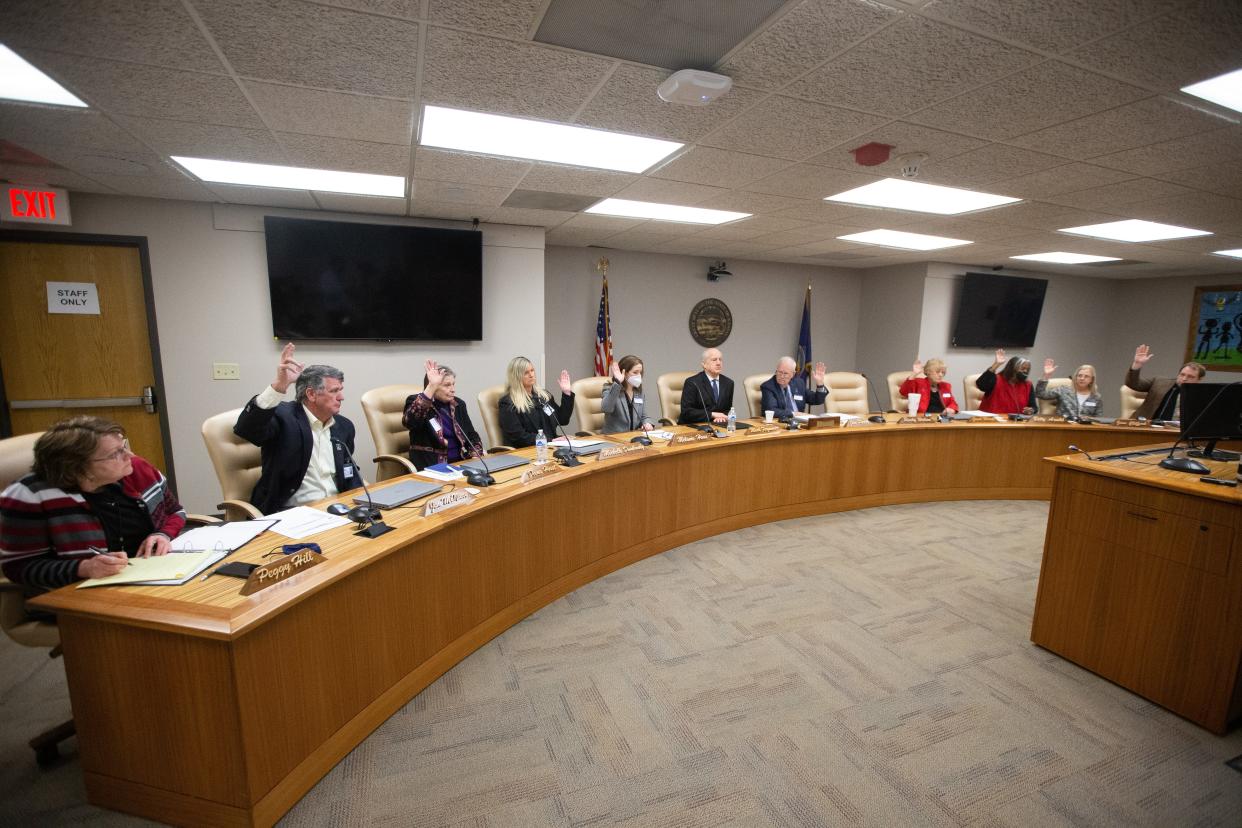Kansas House approves alternative teaching license that opponents say lowers standards
The Kansas House approved alternative pathways to teacher licensure that opponents claimed is aimed at one single online program that lacks the rigor of other pathways to certification.
Public education advocates opposed the first draft of the bill, including the Kansas Association of School Boards, the Kansas School Superintendents Association and the Kansas National Educators Association. The Kansas State Board of Education, a democratically elected board that oversees education in the state, opposed the bill saying that it removes a requirement for licensed teachers that it passed in the past few years.
“House Bill 2521 removes that requirement and erases almost all oversight. If HB 2521 becomes law, the State Board will be forced to issue a professional credential to anyone who can pass a couple of tests — even if they never receive any training in how to be an effective, professional teacher,” said Deena Horst and Ann Mah, liaisons to the state board of education.

The bill was amended to address some of these concerns, and the updated bill now issues a “restricted” teaching license that would only allow someone to be a fully licensed teacher after a two-year period in a mentorship program where the prospective teacher is accompanied by a fully licensed educator.
The changes assuaged some concerns about the bill, but House Democrats still opposed the apparent preference of the online program the bill seems to be tailored toward. The bill defines any alternative teaching program that’s allowed in the state must be operating in at least five states, have been in operation for 10 years and requires some subject area, and pedagogical training and testing.
The bill’s carrier, Rep. Jason Goetz, R-Dodge City, said they’ve identified three programs that could participate in the program. Only one, though, The American Board for Certification of Teacher Excellence, advocated for the bill in the Statehouse.
Democratic legislators characterized the program at ABCTE as less rigorous than the existing alternative pathways for licensure, as well as more traditional routes toward becoming a teacher. Rep. Valdenia Winn, D-Kansas City, noted that the program can be completed in as little as two months of solely online coursework, though it typically takes about eight months.
Rep. Kirk Haskins, D-Topeka, drew on his own personal experience being rejected from teaching elementary students despite a long career teaching at the collegiate level.
“I’m grateful for that decision primarily because I think I’m a pretty decent teacher, at least in my head, but I’m telling you second-graders are going to eat you alive if you don’t meet your demands and I wasn’t prepared for that,” Haskins said.
Proponents of the bill highlighted that the program is limited to people who already have a bachelor's degree in a relevant field of study and that hiring decisions would still come down to the local school district if they felt the training is inadequate. They said the bill could address the more than 1,800 vacancies of teaching positions in the state.
“As a school board member and a mom of three wonderful children, we currently have a crisis in our schools where we don’t have enough teachers to fill positions,” said Rep. Samantha Poetter Parshall, R-Paola. “We have emergency substitute licenses that are being used as long-term subs in elementary and middle schools.
"Those teachers are not licensed, many don’t have a degree, they’re just filling in but they’re filling in long-term for the entire year because there’s no one else to fill the position.”
The bill passed the House but didn't get enough votes to override a potential veto.
This article originally appeared on Topeka Capital-Journal: Critics say new teaching license program may lower standards in Kansas
